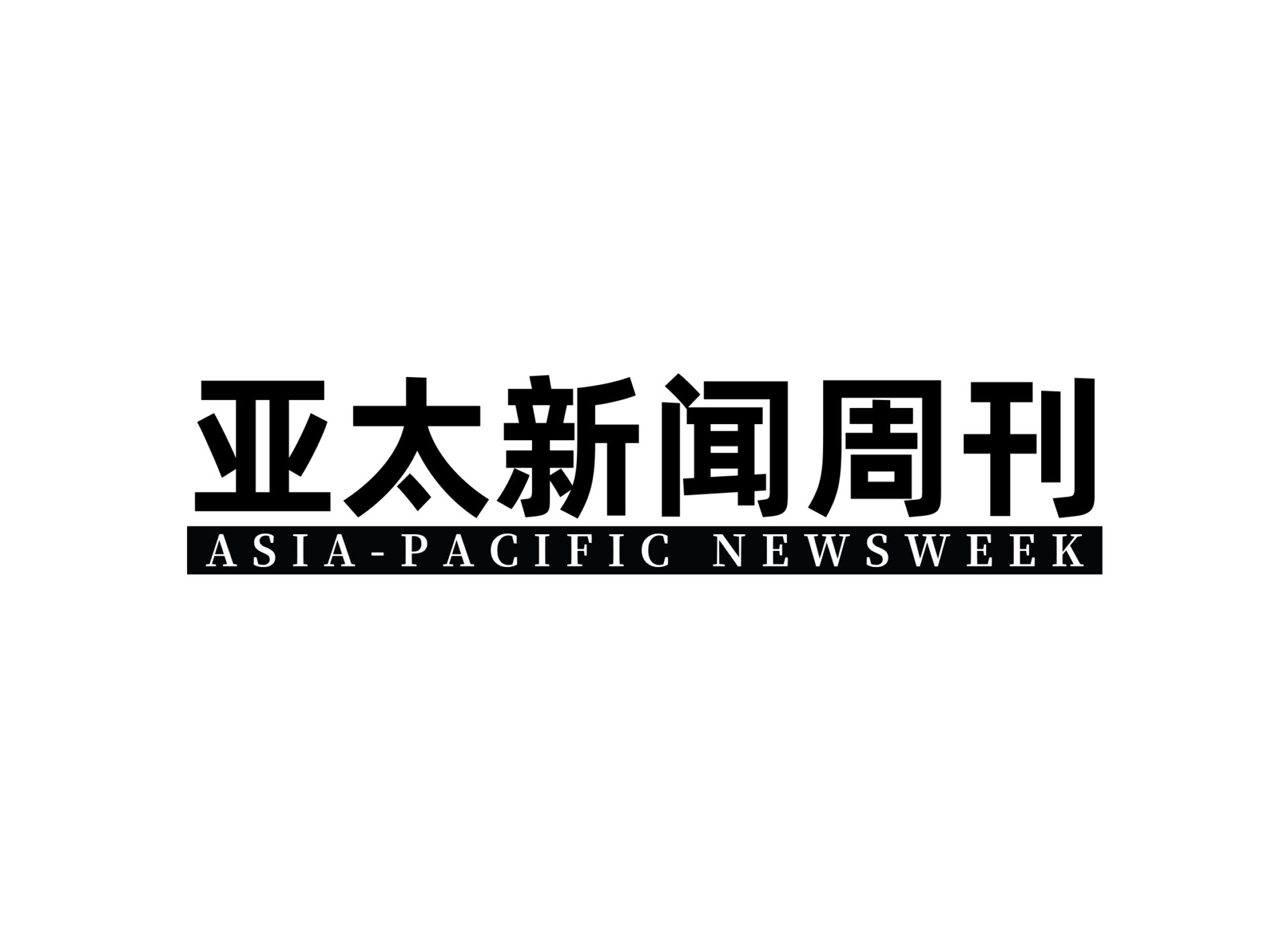People walk along an elevated walkway under a large television screen showing images of Japan’s Prime Minister Shigeru Ishiba one day after the general election in Tokyo on October 28, 2024.
RICHARD A. BROOKS/AFP via Getty Images
The political whiplash dominating Tokyo this week is being felt with particular intensity at Bank of Japan headquarters. There, Governor Kazuo Ueda is preparing for an October 30-31 policy meeting that’s suddenly lost all relevance.
A week ago, before the Liberal Democratic Party failed to win a majority in Sunday’s election, there was at least a dash of suspense about what Team Ueda might do or say. Now not so much, as political intrigue enters into the equation.
For one thing, the thumping the ruling LDP took on Sunday suggests a critical mass of Japan’s 125 million people are alarmed by the state of the economy. For another, Ueda may soon lose the biggest proponent of higher interest rates and a stronger yen as Prime Minister Shigeru Ishiba licks his wounds.
Before winning the premiership on October 1, Ishiba argued in favor of the BOJ normalizing rates. He argued, too, that an undervalued yen was doing more harm than good as Japan imported inflation.
Now, as Ishiba fights for his political life, his take on BOJ policy is likely to shift accordingly. The only way forward for Ishiba’s LDP and its coalition partner Komeito is to win the support of a third party.
That likely means Ishiba, too, will begin encouraging the BOJ to tread carefully on rate hikes. This, of course, is if Ishiba even manages to hang onto his job.
Either way, Ueda’s BOJ is facing a more difficult scenario today that it did in late September. That was back when then-Prime Minister Fumio Kishida was stepping aside, opting not to run for another term.
Kishida did so believing that the economy was on a solid trajectory. In late July, the BOJ hiked rates to the highest since 2008. That move gave the Tokyo establishment the impression the “virtuous cycle” the LDP had been trying to generate for more than a decade was afoot.
Since then, data on retail sales, exports, industrial production, machine tool order and other sectors suggest a loss of momentum. China, meanwhile, is struggling amid a deepening property crisis.
Europe is walking in place as Germany wallows in recession. The specter of a Donald Trump 2.0 presidency and the giant trade wars sure to come is having a chilling effect on Japan Inc.’s investment plans.
For many top central banks, the shift in political winds wouldn’t be a monetary policy game-changer. But Japan has long been a place where the BOJ often bends to political pressure.
Worries about crossing elected officials seemed to cow Ueda in the eight months following his debut as BOJ chief in April 2023. By not hiking rates last year, Ueda may have lost his window to get rates further away from zero.
Earlier this year, Ueda tightened twice. But the violent reaction in global markets spooked Ueda and his fellow policymakers. Since then, the BOJ has stood pat.
Now, with politics in a state of flux, Ueda has additional reasons to take a wait-and-see approach on tightening steps.
Carlos Casanova, senior economist at Union Bancaire Privée, notes that the LDP’s fall from grace “could result in easier fiscal policies, potentially pushing the BOJ towards a more dovish stance. Heightened political uncertainty may lead to greater market volatility, possibly delaying further rate hikes.”
Takeshi Yamaguchi, Morgan Stanley’s chief Japan economist, notes that “if political uncertainty persists or markets become turbulent, the bar for the BOJ acting this year may become higher, in our view.”
Analysts at Nomura note that “the market sees a higher risk of economic policy becoming more dovish.”
Economist Stefan Angrick at Moody’s Analytics, says this “uncertainty will likely persuade the Bank of Japan to keep monetary policy on hold when it meets this week.” Of course, “a tumbling yen over recent weeks means that a rate hike cannot be entirely ruled out,” Angrick says.
The bigger problem, though, is that the “lackluster domestic economy and weak external demand will likely keep employment conditions soft in the coming months,” Angrick explains. “Domestic wage growth has trailed inflation for the past two years, making households reluctant to spend.”
It falls to Ueda to figure out what the shock election means for BOJ decision-making. “The rise in political uncertainty will also dent confidence among households and businesses,” says Syetarn Hansakul, senior analyst at the Economist Intelligence Unit. “Domestic demand recovery could suffer as a result.”
The BOJ’s road toward normalizing rates also may be suffering as a result. Especially as Asia’s most stable democracy flirts with chaos.


